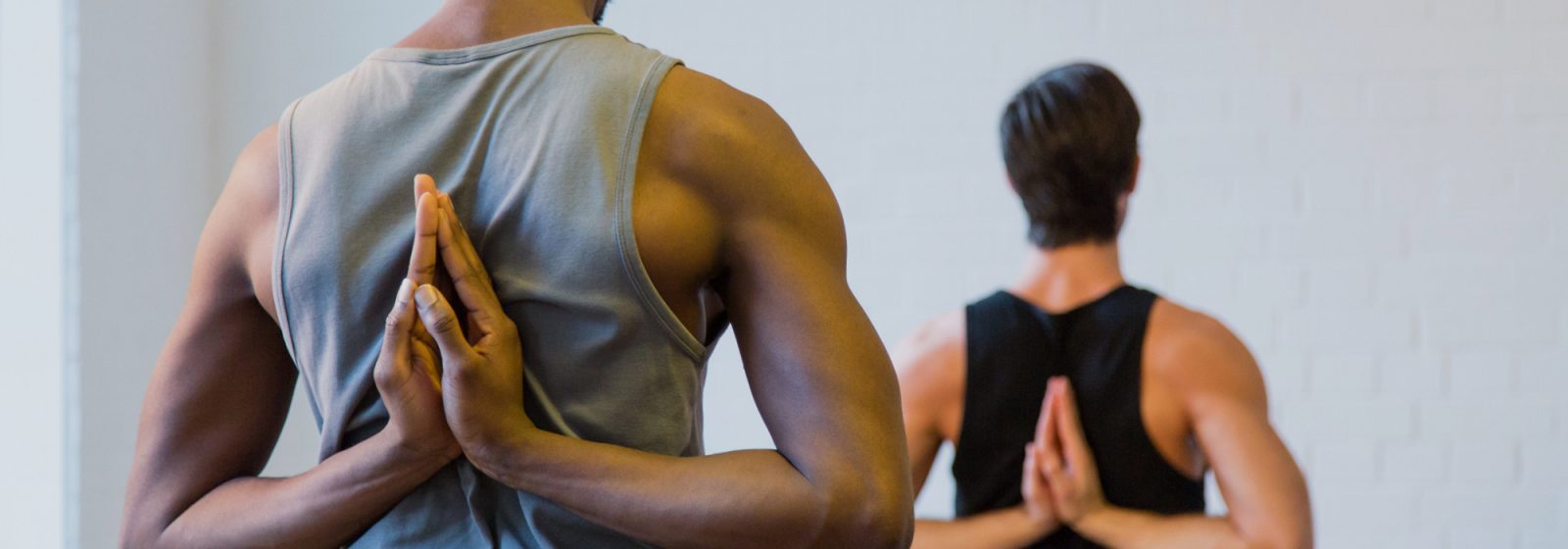This course is an invaluable opportunity for physiotherapists to learn, improve and practice osteopathic manual therapy techniques. Physiotherapists will learn how to apply effective and reliable osteopathic treatment techniques on their daily clinical practice for a variety of musculoskeletal conditions. The course is very “hands-on” in nature and you will have the opportunity to practice with full 1-2-1 support.
The aim of this 4 days course is to enable physiotherapists to safely apply spinal structural osteopathic techniques on thoracic, lumbar and cervical spine. The course is divided in two weekends. The first weekend you will be introduced to the general concepts of osteopathy. You will then focus on thoracic and lumbar spine manual therapy techniques, their clinical relevance and application to major musculoskeletal conditions.
The second weekend will present the cervical spine and its most common conditions, the osteopathic manual therapy techniques to address common symptoms, its application to the physiotherapist clinical role and settings. The course will conclude with a holistic view of how osteopathic techniques can be effectively integrated in physiotherapeutic rehabilitation protocols.
The course tutors are both trained physiotherapists and qualified osteopaths and they have mastered the ability to integrate osteopathic techniques within physiotherapy clinical settings. This course is a unique opportunity for all physiotherapists to develop a stronger clinical practice and maximise the rehabilitation goals for their patients.
The course has a limited availability of 14 participants to guarantee optimal support and 1-2-1 attention to exact and correct spinal manual techniques. Each weekend can be booked separately, but preferred reservation will be given to students that can commit to the whole course.The course will take place in Canary Wharf, London.
OBJECTIVES
On completion of this course you will be able to:
Understand the basic osteopathic laws and have an insight of the osteopathic clinical reasoning.
Distinguish in between cranial, visceral and structural osteopathic approaches.
Identify and assess a spinal dysfunction through a thorough examination process and carry out specific osteopathic testing.
Perform accurate, safe and effective manipulative and soft tissue osteopathic techniques on cervical, thoracic and lumbar spine within the appropriate clinical scenario.
Develop the necessary clinical skills to be able to differentiate between the need for a soft tissue or manipulative approach to ensure the patient with a individualized treatment.
CONTENT
Day1: A theoretical introduction to osteopathy followed by the thoracic spine anatomy and differential diagnosis of its most common conditions.
Practical demonstrations of assessment and treatments techniques for the thoracic spine and focus on manual handling and practice of the techniques.
Day2: Theoretical introduction to the lumbar spine anatomy and DD, followed by the lumbar spine practical workshop as in day 1.
Revision and consolidation of work covered in day 1.
DATES and COST
23/24 January 2016
20/21 February 2016
Each weekend can be booked independently for £260.00 each or both weekends for £480.00
PREPARATION
We suggest reviewing spinal anatomy before the course to be ready for the practical “hands on” workshop with a refreshed knowledge.
APPLICATION AND RESTRICTIONS
All participants must hold an undergraduate training in physiotherapy and must be registered with the HCPC health and care professions council. Those ones with a purely soft tissue background are not eligible for this course.
We advise participants to have professional liability insurance to cover them for the techniques covered on the course. We reserve the right to ask for proof of this to ensure eligibility.
For any participant that is or maybe pregnant when attending any of our courses with a practical component we advise they email us to let us know.
TUTORS
Ana Aguila qualified as a physiotherapist from UVIC university in Barcelona in 2007 and completed a post graduate 4 year course in osteopathy at the Barcelona Osteopathy School in 2011. She then moved to the UK to integrate her training in women’s health and has now worked within the Marcophysio team for the past 2 years. Her practice main interests are cranial and visceral osteopathy.
Pietro Susini qualified as a physiotherapist from Florence University in 2009. He then move to the UK to attend a MSc in Osteopathy at the British School of Osteopathy which he concluded in 2014. He developed a particular interest in posture completing a post graduate training in the french method of postural re-education Mezieres. His practice really blends the osteopathic approach with his physiotherapy and postural re-education background.


